Newsletter of the European Centre for Modern Languages of the Council of Europe
Materias de especialidad:
Descripción:
How to apply
Open project proposals:
A team of four experts (plus optional self-funded associate partners) represented by a prospective coordinator puts forward a project proposal based on the rationale and themes of the Call for submissions. The proposal includes details of all team members, indicating their role within the team. Based on the broad themes in the Call document ‘open’ project proposals should develop content and outputs for the projects.
Closed project proposals:
An individual expert sends an application in response to one or more of the project descriptions under closed project proposals. In the case of project “Towards a Common European Framework of Reference for language teachers”, applications may be from individuals OR from teams / consortia. ‘Closed’ project proposals should correspond to the detailed project
descriptions provided in the Call document.
Deadline for submissions: 1 May 2015
Información adicional:
Call for submissions for the 2016-2019 ECML programme: Languages at the heart of learningWhat is it about? For the new programme 2016-2019, the ECML seeks submissions from professionals active in the field of language education with a strong interest in European cooperation, such as practice-oriented researchers, teachers, teacher educators, inspectors, training providers.The Call recognises that quality language education is a pre-requisite for quality education overall. Language is at the root of all learning: all teachers, irrespective of sector or subject area, have a role to play in developing the linguistic and intercultural repertoires of their learners. This is reflected in the title: Languages at the heart of learningKey themes -Inclusive, plurilingual and intercultural education in practice -Language teacher education in digital literacy -Teacher education for early language learning -Learning environments where foreign languages flourish -Pathways for learning -Professional learning communities -Whole-school teacher cooperation – language(s) of schooling -Towards a CEFR for language teachers
